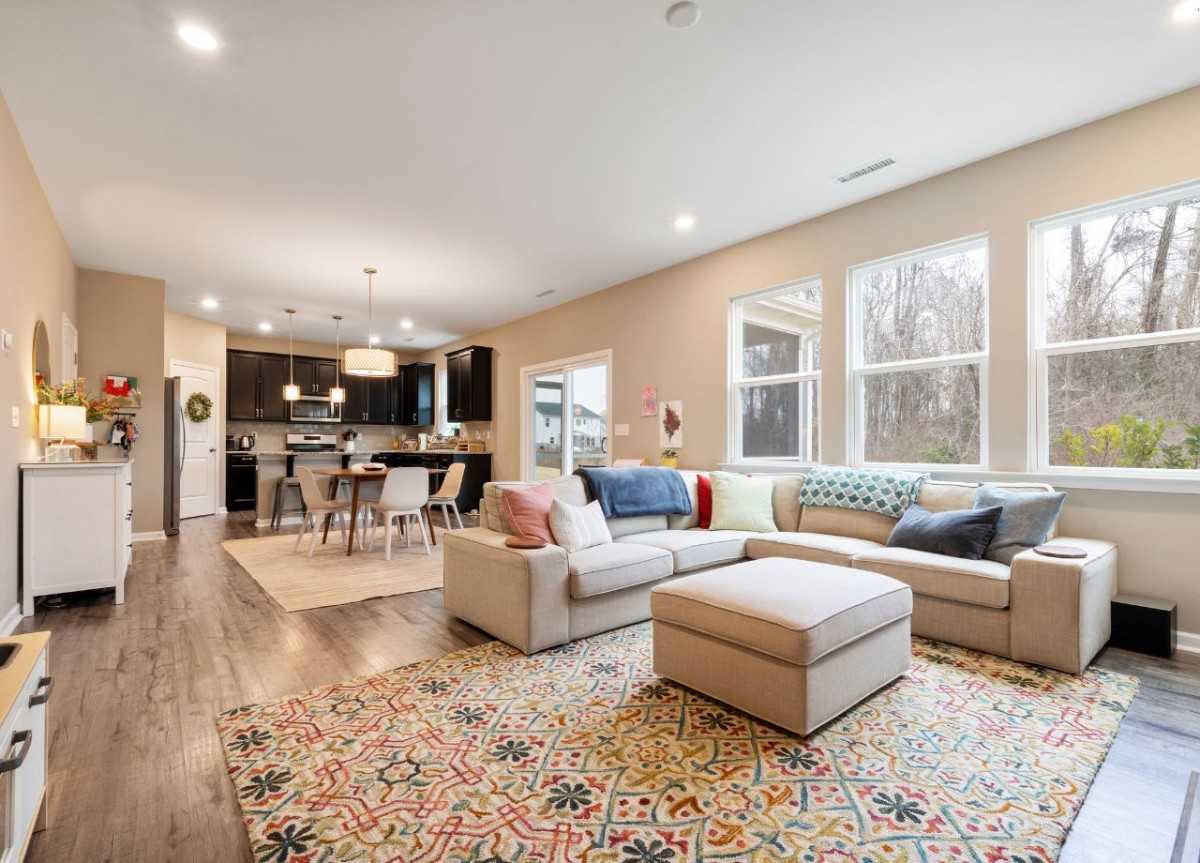Spiders might not be the worst pests to have around, but that doesn’t mean anyone wants to share their home with them. These eight-legged squatters show up for a reason, and if you’re seeing more of them, something in your apartment is rolling out the welcome mat. The good news? Spiders aren’t impossible to evict. The key is understanding why they’re there in the first place.
Why Spiders Pick Certain Apartments Over Others
Spiders don’t have the same motivations as other pests. Unlike ants, cockroaches, or rodents, they’re not after your food, and they don’t care about moisture or warmth in the same way other bugs do. They move into apartments for three main reasons—food, shelter, and easy access.
The biggest factor? Their food source. Spiders feed on other insects, so if you have flies, mosquitoes, gnats, or even cockroaches, spiders will see your apartment as a hunting ground. Many people don’t realize that a spider problem usually means another pest problem is happening behind the scenes.
Shelter is the next big reason. Spiders love dark, undisturbed places where they can spin their webs and wait for prey. If your apartment has cluttered storage areas, dusty corners, or places that rarely get cleaned—like behind furniture, under beds, or in closets—these spots are prime real estate for spiders.
Lastly, easy access plays a role. If there are gaps around your windows, doors, or vents, spiders will take advantage of them. Once they get in and find food and shelter, they won’t have any reason to leave.
Have a look at how Regular pest control helps maintain a pest-free living environment.
Everyday Habits That Attract Spiders Without You Realizing
It’s easy to accidentally make your apartment more inviting to spiders without realizing it. Something as simple as leaving lights on at night can bring in flying insects, which then attract spiders. Since most spiders are nocturnal hunters, they’ll quickly notice if your apartment has a steady supply of food.
Another common habit is leaving windows open without screens. This allows all kinds of bugs to enter freely, creating the perfect feeding ground for spiders. Even if you don’t see them right away, they could be hiding in corners, waiting for their next meal.
Food waste can also contribute to the problem. While spiders don’t eat human food, the pests that do—like flies and cockroaches—will bring them in. Leaving dirty dishes in the sink, not taking out the trash regularly, or letting food crumbs accumulate can all lead to more insects, which in turn means more spiders.
Clutter is another major factor. Piles of clothes, stacks of old boxes, or storage areas that haven’t been touched in months are ideal hiding spots for spiders. They prefer undisturbed areas where they won’t be bothered, so if you rarely clean behind furniture or inside storage spaces, you’re giving them the perfect place to settle.
How to Make Spiders Regret Moving In
The best way to get rid of spiders is to remove what’s attracting them in the first place. That starts with tackling the insect problem. If spiders don’t have a steady food supply, they’ll have no reason to stick around.
Start by eliminating other pests. Keeping your apartment clean, storing food properly, and making sure garbage is taken out regularly can cut down on the number of insects that attract spiders. If you already have an issue with flies, gnats, or other small bugs, consider addressing that first—because without them, the spiders won’t last long.
Next, focus on eliminating hiding spots. Regular vacuuming, dusting, and decluttering will make your apartment much less appealing to spiders. Pay special attention to corners, closets, under furniture, and any storage spaces where they might be hiding. The less clutter you have, the fewer places they can set up camp.
Sealing entry points is also key. If you notice small gaps around your windows, doors, or vents, sealing them with caulk or weather stripping will prevent spiders from sneaking in. Even tiny cracks can be enough for them to enter, so checking for these openings can go a long way in keeping them out.
For an extra layer of prevention, natural repellents can help. Spiders dislike strong scents like peppermint, vinegar, and citrus. Spraying a mixture of water and essential oils around windows, doorways, and corners can act as a deterrent. While this won’t eliminate spiders that are already inside, it can help prevent new ones from coming in.
The Truth About Spider Infestations in Apartments
It’s one thing to see a spider or two every once in a while—it’s another to have them show up constantly. If you’re dealing with a persistent spider problem, it’s likely a sign of a bigger issue.
A recurring spider infestation almost always means there’s an ongoing insect problem in your apartment or building. Spiders wouldn’t stick around if there wasn’t something for them to eat. If you’ve noticed an increase in other bugs, such as flies, roaches, or even silverfish, then the spider problem is just a symptom of a larger pest issue.
In apartment buildings, pests can easily move between units. Even if you’re keeping your place clean and sealed, if other units in the building have insect problems, spiders might still find their way inside. That’s why it’s important to report persistent pest issues to your property manager—it’s not always something you can control on your own.
When DIY Fixes Aren’t Enough
If you’ve tried everything—cleaning up, sealing cracks, using natural repellents—but spiders keep coming back, it’s time to consider professional pest control.
A professional service can help identify the root cause of the infestation and provide targeted solutions that go beyond DIY fixes. They can also treat hidden insect problems that might be attracting spiders in the first place.
For residents, Pest Share makes pest control easier by allowing you to request treatment without the hassle of scheduling or covering the cost yourself. If your apartment has a recurring spider problem, bringing it up with your property manager can help ensure it gets taken care of quickly.
At the end of the day, spiders aren’t out to get you—but that doesn’t mean you have to live with them. By making a few key changes to your apartment and staying proactive with pest control, you can keep them from turning your home into theirs.




